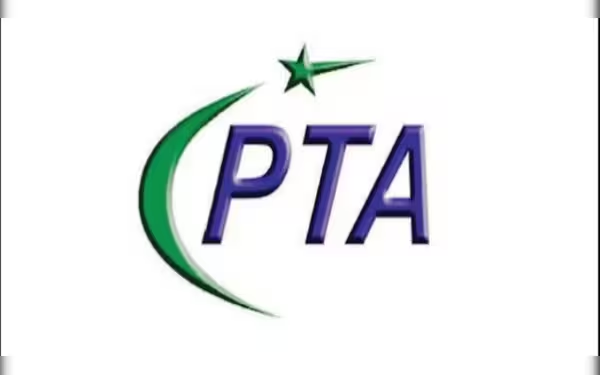Saturday, November 16, 2024 05:28 PM
PTA Mobile QoS Survey: Zong and Jazz Dominate Performance Rankings
- Zong leads in download speeds and latency.
- Jazz shows strong performance in mobile services.
- Ufone and Telenor need urgent network improvements.
 Image Credits: phoneworld_pk
Image Credits: phoneworld_pkThe PTA's QoS survey reveals Zong and Jazz as leaders, while Ufone and Telenor face significant performance challenges.
The Pakistan Telecommunication Authority (PTA) has recently completed a comprehensive Quality of Service (QoS) survey across 23 cities in Pakistan. This survey aimed to evaluate the performance of the country’s Cellular Mobile Operators (CMOs) and provide valuable insights into the telecom landscape. Conducted over 83 days, the survey covered four provinces—Sindh, Punjab, Balochistan, and Khyber Pakhtunkhwa—spanning approximately 4,000 kilometers for each operator.
The primary goal of the PTA Mobile QoS survey was to assess mobile network coverage, voice services, and broadband speed. To achieve this, the PTA conducted a staggering 0.38 million mobile broadband tests and 57,500 voice and SMS tests, utilizing automated QoS monitoring tools. The CMOs were evaluated based on their compliance with Key Performance Indicators (KPIs) outlined in their NGMS licenses and the QoS Regulations of 2021.
Among the findings, Zong emerged as the leader in download throughput, consistently delivering faster speeds compared to its competitors. Jazz followed closely behind, showcasing commendable performance. However, Ufone and Telenor struggled with slower download speeds, highlighting the urgent need for these operators to enhance their data infrastructure.
Latency, a crucial factor for ensuring smooth internet experiences—especially in gaming and streaming—was another area of focus. Zong excelled in this category, recording the lowest latency at 26.1 milliseconds, which allows for quicker data transmission. Jazz also performed well with a latency of 33.7 milliseconds. In contrast, Ufone and Telenor lagged significantly, with latencies of 41.9 ms and 38.7 ms, respectively, which can be quite frustrating for users relying on high-demand applications.
When it comes to call connection times, Zong and Jazz again led the way with faster call setup times. Unfortunately, Telenor and Ufone displayed slower performance, which could negatively impact customer satisfaction. While Ufone did perform well in SMS send times, this alone may not be enough to offset its overall slower network performance.
The survey results clearly indicate that Zong and Jazz maintained strong performances across most categories. However, the findings also exposed significant shortcomings for Ufone and Telenor. Both operators face challenges in maintaining competitive download speeds, lower latency, and quicker call connection times. In today’s fast-paced world, where users expect reliable and speedy mobile data, these weaknesses could hinder their competitiveness in the market.
In response to these findings, the PTA has directed Ufone and Telenor to enhance their network quality, particularly in high-demand areas where performance issues were most evident. The latest QoS report from the PTA underscores the necessity for these operators to upgrade their services to meet the growing expectations of users.
As mobile technology continues to evolve, it is crucial for telecom operators to adapt and improve their services. The insights from the PTA’s survey serve as a wake-up call for Ufone and Telenor, emphasizing the importance of investing in infrastructure and technology to provide better service to their customers. Ultimately, a robust and efficient mobile network is not just a luxury; it is a necessity in our increasingly connected world.












